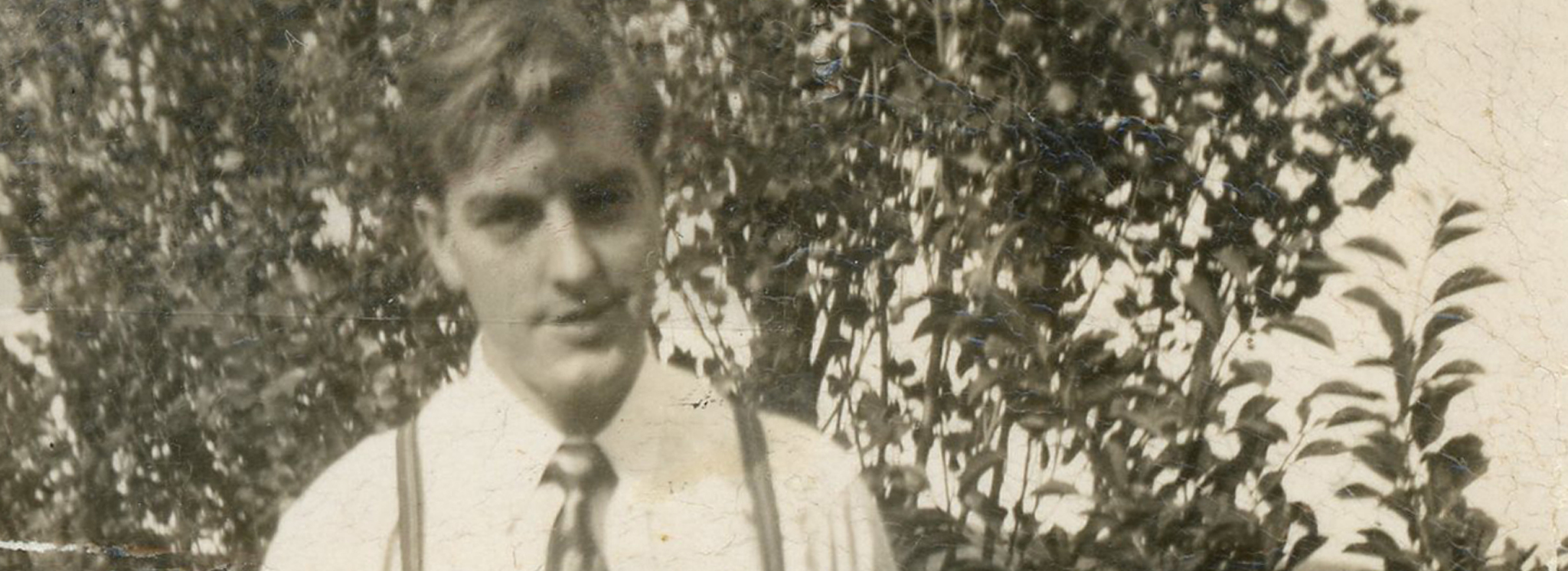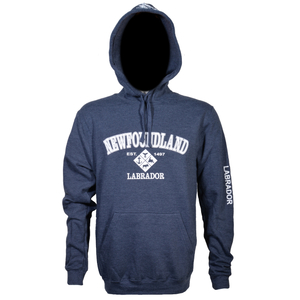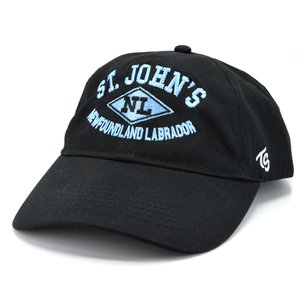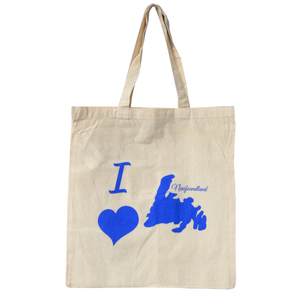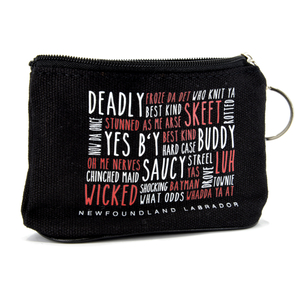How Walter Bray brought Carnation Milk to Newfoundland and Labrador.
By Nicola Ryan
A drop of Carnation Milk elicits a special kind of nostalgia in the hearts of Newfoundlanders and Labradorians. Those tidy red and white cans conjure up memories of cosy kitchens and cherished recipes. Carnation, the essential ingredient for boil-ups and babies’ bottles and nan’s snowball cookies. No cuppa tea would be complete without it. But how did this diet staple reach our shores and pantries? Here’s the sweet story of Walter Bray – Mr. Carnation.
One morning in the late 1940s, Walter was at work as usual at the old Hotel Newfoundland in St. John’s, unaware of the adventures that awaited him. “That’s how his story started,” recounts his daughter, Jean Smith.
“While he was there, two businessmen that were staying at the hotel approached him, and told him that they were impressed with his work ethic and the way he was with people. Dad was a real people-person all his life. He loved to chat.”
The two men were from the Carnation Company Ltd., the makers of shelf-stable, nutritious, evaporated milk. They were looking to expand Carnation’s reach in the province and introduce it to hospitals and outport communities.
“We just remember bits and pieces, but we know they offered him a job as a sales rep for Carnation Milk for the island,” Jean says. “The pay was a lot better, and they also would provide a company car. Back then I remember my dad saying, ‘Wow! A car!’ No one had cars and, I mean, he was only 21 or 22.”
It was an incredible opportunity for a young man. Walter knew he would accept, but he hopped on his bicycle and flew down Queen’s Road home to Brazil Square to first talk it over with his wife, Mary.
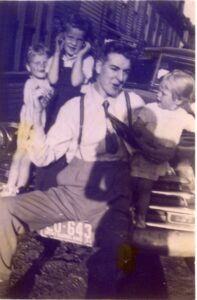
“And he loved it, He loved, loved his job. He loved his cars and he loved travelling across the island. And he met wonderful people all along the way,” Jean says.
There was no Trans Canada Highway back in those days. Walter drove those company cars over thousands of kilometres of dirt roads. He loaded pallets of Carnation onto ferries, trains and coastal boats, and met with merchants and doctors and generous folks all over the island.
“What blew him away was the kindness,” recalls Jean. “He’d go to people’s houses and he was always wowed. When he’d come home, he’d have knitted mitts for his children, and scarves, and jams and pickles for mom, and homemade things. He was always given everything.”
Walter traversed the island’s rugged landscapes, travelling from the capital city to the tiny outports, bringing the essential simplicity of fresh milk to isolated communities.
“He delivered to the stores, to the hospitals. He’d go and mom would expect him back in, say, a week,” Jean laughs, “but then, of course, he’d get stuck on a little island or something and weather would come in, so he was there for an extra week.”
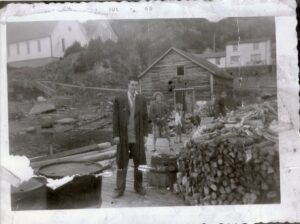
In fact, Walter often had to rely on the kindness of strangers to get the milk through.
“Salmonier Line sticks out in my mind,” says Jean. “Now you’re talking the ’50s and his car broke down. It was a miserable night and it was too far to get to Colinet or somewhere, so he decided to hunker down and sleep in the car for the night. After a couple of hours this gentleman came along with a pickup and said no, it was too cold. He said ‘Come on with me,’ and he took Dad home to his house.” The stranger gave Walter a bed for the night and fed him breakfast in the morning, before bringing him back to his car and getting it started so he could continue on his way. “This is the stuff that happened all along the way.”
Jean and her family often heard stories about Walter from unlikely sources. “Anybody who worked at the Janeway, if you mention Dad’s name they’d all say, ‘Mr. Bray, oh he was a sweetheart,’” says Jean. “When I was a student nurse, I went in and Ms. Horan, who was the head nurse, said, ‘Are you Walter’s daughter?’ I said yes, and she said, ‘My god! Mr. Carnation!” Jean laughs. “She put the name on Dad and it stayed, and they were friends for years and years after that.”
In another case, “my brother, he’s retired, but he started a hockey school, ice hockey,” Jean says. “This grandfather was there with his grandson one day, and he went over to Wally and he said, ‘Would you be Walter Bray’s son?’ And he told him a story about dad.” Turns out this gentleman was one of a set of triplets born in 1950. Walter had met their mother, a Mrs. Bridger, and arranged for a year’s worth of free Carnation Milk be delivered for the babies. “[The gentleman] said, ‘I heard your father’s name all our life,’” Jean says.
Walter and Mary went on to have a family of seven children. Walter continued to work for the Carnation Company until the late 1960s, and by then Carnation had become an essential part of every Newfoundland kitchen.
Walter’s friendly demeanour and genuine kindness touched people wherever he went, leaving a positive and lasting impact on those around him.
“All through the years, it’s what he went on about,” says Jean. “And every Christmas we’d get cards, a mass of cards, from all over the island from the people he’d met. It was amazing, you know.”


